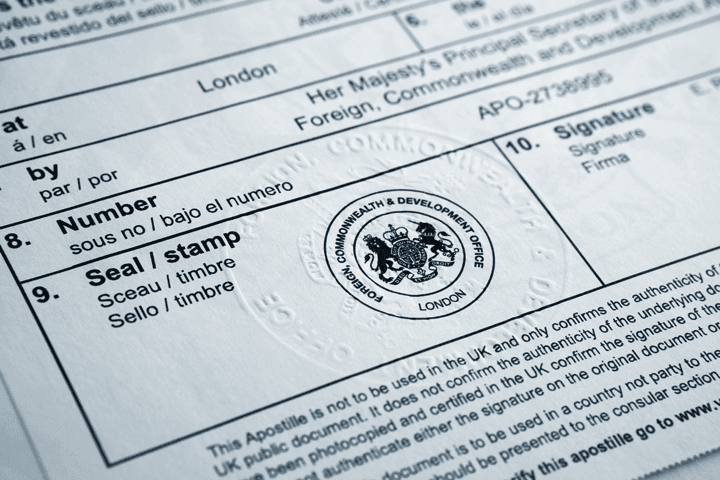Understanding the Apostille: What It Is and Why It Matters
An apostille is a form of authentication issued by a designated authority in a country that adheres to the Hague Apostille Convention of 1961. Its purpose is to certify the origin of a public document, confirming its legitimacy for international use. Documents such as birth certificates, marriage licenses, educational diplomas, or business contracts commonly require this certification when presented abroad.
The apostille standardizes cross-border document acceptance, removing the need for additional certifications. This is pivotal for individuals relocating, studying, or conducting business internationally. By verifying a document’s authenticity, the apostille ensures trust and legal compliance between participating countries in an efficient and streamlined manner.
Legal Scenarios Where an Apostille Is Essential
In international legal matters, an apostille is often indispensable for verifying document authenticity. These scenarios typically involve cross-border formalities where certified documents must meet foreign jurisdiction requirements. Below are key cases where apostilles are mandatory:
Marriage Abroad: Couples marrying in a foreign country need apostilled birth certificates and marital status declarations.
Foreign Adoption: Adoption processes across borders require authenticated records, including birth certificates and adoption decrees.
Business Agreements: Companies conducting foreign transactions use apostilles to validate contracts or corporate documents.
Estate Settlement: Executors handling estates internationally submit apostilled wills and probate rulings.
Immigration: Apostilles support visa applications and residency claims by certifying legal documents like diplomas or criminal checks.
How Apostille Services Simplify International Documentation
Apostille services play a critical role in facilitating the authentication of documents for international purposes. They ensure that legal and official documents, such as birth certificates, marriage licenses, or academic credentials, meet the criteria set by the Hague Apostille Convention. This standardized method eliminates the need for complex embassy legalization processes and makes the certification universally recognized among member countries.
Key advantages include:
Time Efficiency: Apostille services expedite the approval process, saving individuals and businesses significant time.
Simplified Process: These services follow a clear and streamlined approach, reducing chances of errors or procedural complications.
Global Acceptance: They guarantee worldwide validity for documents in countries that are part of the Hague Convention.
By reducing bureaucratic barriers, apostille services make cross-border documentation straightforward and stress-free.
